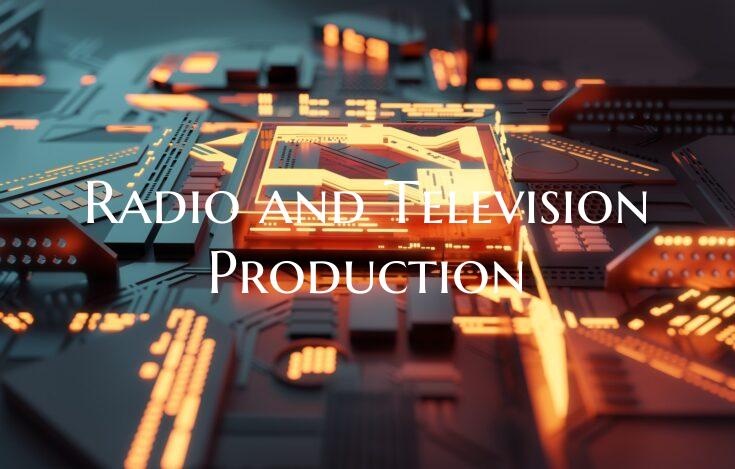Radio and Television Production
Radio and television production are two dynamic and influential mediums that have shaped the way we consume information and entertainment. The creation of compelling and engaging content for both radio and television requires a mix of technical skills, creativity, and innovation. Whether it's producing a radio talk show, developing a documentary series for television, or creating impactful advertisements, the production process is a collaborative effort that involves various key steps.
In radio production, the focus is on creating audio content that captivates listeners and effectively communicates the intended message. Producers work closely with hosts, writers, sound engineers, and editors to craft programs that engage audiences through storytelling, music, and sound effects. The use of sound editing software and professional recording equipment is crucial in delivering high-quality audio content for radio broadcasts.
Television production, on the other hand, involves the visual aspect in addition to audio. From scriptwriting and casting to filming and editing, television producers are involved in every stage of production to bring a vision to life on the screen. The collaboration between directors, camera operators, set designers, and editors is essential in creating visually stunning and engaging television programs. The use of advanced camera equipment, lighting techniques, and post-production software plays a significant role in producing high-definition content for television viewers.
Both radio and television production also incorporate elements of marketing and audience research to ensure that the content resonates with the target demographic. Producers strive to understand audience preferences and trends to create content that is fresh, relevant, and appealing to viewers and listeners. Additionally, staying updated with technological advancements and industry trends is essential in delivering innovative and cutting-edge content in the competitive media landscape.
In conclusion, radio and television production are dynamic fields that require a blend of technical expertise, creativity, and collaborative skills to produce high-quality content. Whether it's crafting compelling narratives for radio or producing visually captivating programs for television, the art of production is a multifaceted process that continues to evolve with changing technologies and audience demands. Through strategic planning, creative execution, and a strong understanding of the media landscape, producers play a crucial role in shaping the content that entertains, informs, and inspires audiences worldwide.

